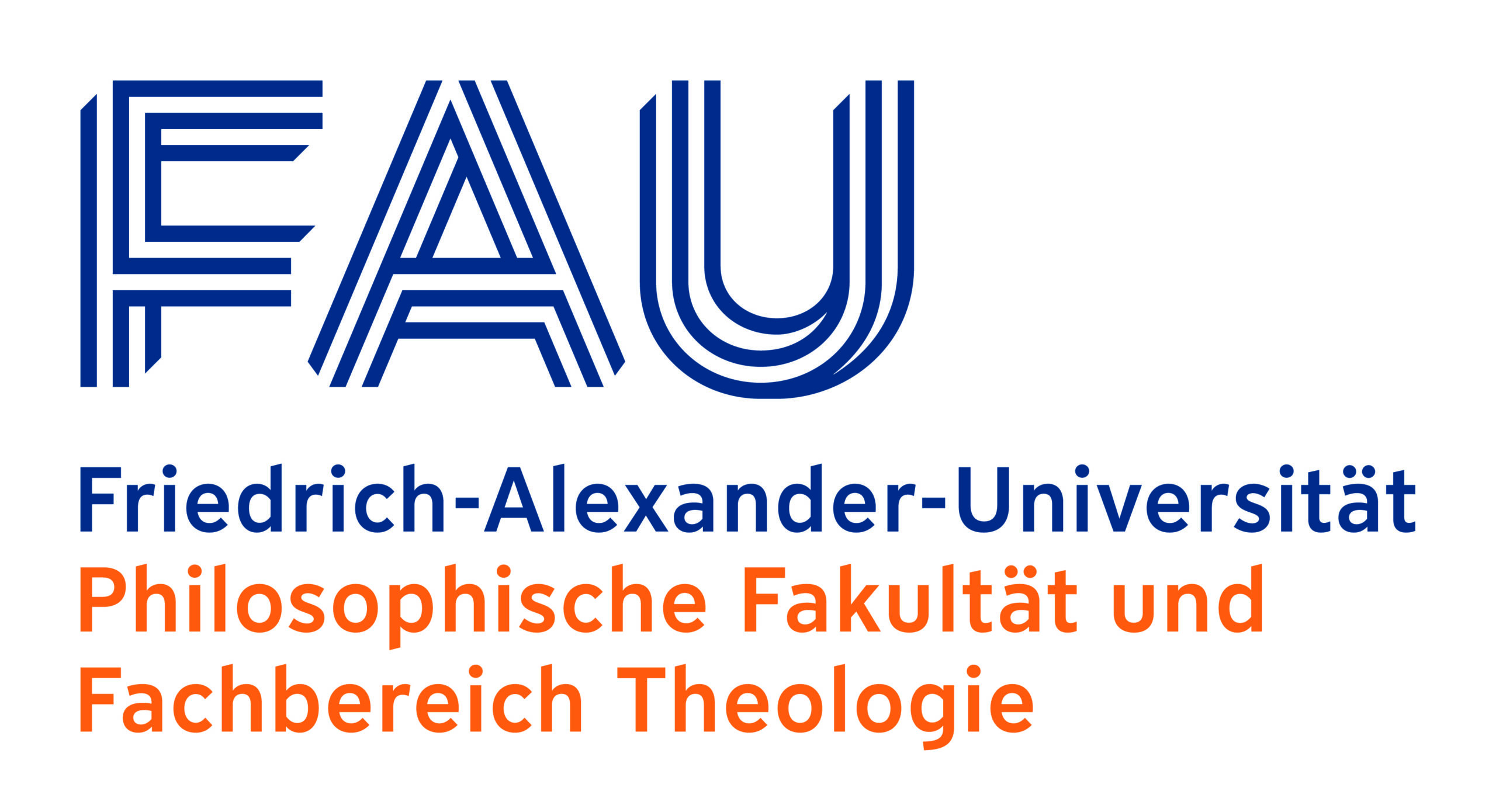Call for papers
Nuremberg Forum 2024:
“Education for Sustainable Development – Spiritual Dimensions”
Call for Papers (Click for PDF: Nuremberg-Forum-2024-CfP)
It is a widely shared insight that sustainability implies spiritual dimensions. This is so, because issues of sustainability touch on the fundamental questions of who we are as human beings, how our relationship with nature can be understood, how we want to live, what makes life worth living and how a life worth living can be achieved for all humans on our planet. To put it in another way, the global ecological crises that we are facing today are so dramatic that they require in-depth transformations of individual and collective mind-sets in order to bring about those profound changes that are urgently needed to prevent severest catastrophes. Not least, they require a sense of hope, confidence and solidarity that can support the motivation and endurance in addressing the huge challenges. In this situation, it makes sense to use all cultural sources available that could facilitate such transformations and such motivation – which brings the spiritual (including indigenous) and religious traditions as particularly promising sources into view.
Interestingly, spiritual dimensions of sustainability have been discussed, analyzed and researched by diverse scholars, activists, politicians, business managers as well as cultural and religious leaders from a variety of different disciplinary, cultural or worldview backgrounds. In this wide-ranging discourse, education has repeatedly emerged as a major aspect and important approach, especially concerning the question of how the widely deplored mind-behavior gap can be overcome. Moreover, “Quality Education” is No. 4 of the UN’s 17 Sustainable Development Goals (SDGs) that are intended to be closely interrelated with each other. At the same time, it seems that up to now in the extensive treatment of Education for Sustainable Development (ESD) in educational science and public discourse the spiritual dimension has not yet received the attention it deserves, especially when it comes to public education at schools or institutions of higher education.
The major aim of the Nuremberg Forum 2024 therefore is to explore possible intersections between spirituality, sustainability and education. Thus, it wants to promote the integration of spiritual dimensions into ESD as well as the integration of sustainability perspectives into diverse forms of religious education or instruction. In order to achieve this aim, theoretical perspectives and academic research shall be brought into conversation with concepts and experiences from good educational practice.
The conference is conducted by the Research Unit for Public Religion and Education (RUPRE) of the Friedrich-Alexander University Erlangen-Nürnberg (FAU) in cooperation with Religions for Peace International (RfP).
It is scheduled as a three-day event from 30 September to 2 October, 2024, taking place in the facilities of the FAU at Dutzendteichstrasse 24 in Nuremberg, Germany, with the option of online participation. All lectures and presentations will be streamed live, videorecorded and made available on the Unit’s YouTube channel (https://www.youtube.com/@rupre7828). All keynotes and a selection of papers and workshop results will be published in an edited book as well as in the form of teaching resources on OER platforms.
The conference offers a combination of invited keynotes as well as papers and workshops that have been submitted on the basis of this call for papers. The subject focus of the conference is on ESD with emphasis on ecological, environmental issues and its intersection with spiritual, religious or worldview perspectives. For this conference, ESD stands for Education for Sustainable Development, but also includes similar educational approaches such as such as Climate Change Education, Ecological Education, Environmental Education, Human Rights Education and Global Learning. The focus area of action of the conference is on public education at schools and institutions of higher education. The following sub-topics may be covered by submitted papers presenting theoretical deliberation or empirical research (e.g. on teachers’ attitudes or practices, students’ attitudes and experiences, classroom observation, curriculum analyses, etc.) or by submitted workshop concepts presenting examples or experiences from educational practice.
Possible sub-topics for papers or workshops
- Links of specific theological, religious or spiritual concepts of sustainability with ESD (or similar approaches), in particular including concepts from public theology and indigenous spirituality
- Interreligious as well as inter-worldview dialogue and learning referring to ESD (or similar approaches)
- Concepts and practice of ESD (or similar approaches) and their links to spiritual, religious or theological perspectives
- Concepts and practice of religious education (or of similar subjects such as religious instruction, religion education, worldview education etc.) at public schools or institutions of higher education (colleges, universities) that aim to integrate ESD (or similar approaches).
Submission procedure
Proposals for papers or workshops (each with a maximum of 20 minutes presentation time) should comprise
1) an abstract of up to 500 words, excluding references (in Word-, ODT- or rtf-format)
2) a short curriculum vitae.
Submissions should exclusively be made via the CfP website https://www.evrel.phil.fau.de/nuernberger-forum/nuremberg-forum-2024/call-for-papers/ (form at the end of this page)
Deadline: 15 May 2024.
Submissions will be reviewed by the conference team and feedback about acceptance or rejection will be given by the end of May 2024.
We look forward to your contributions to the conference!
